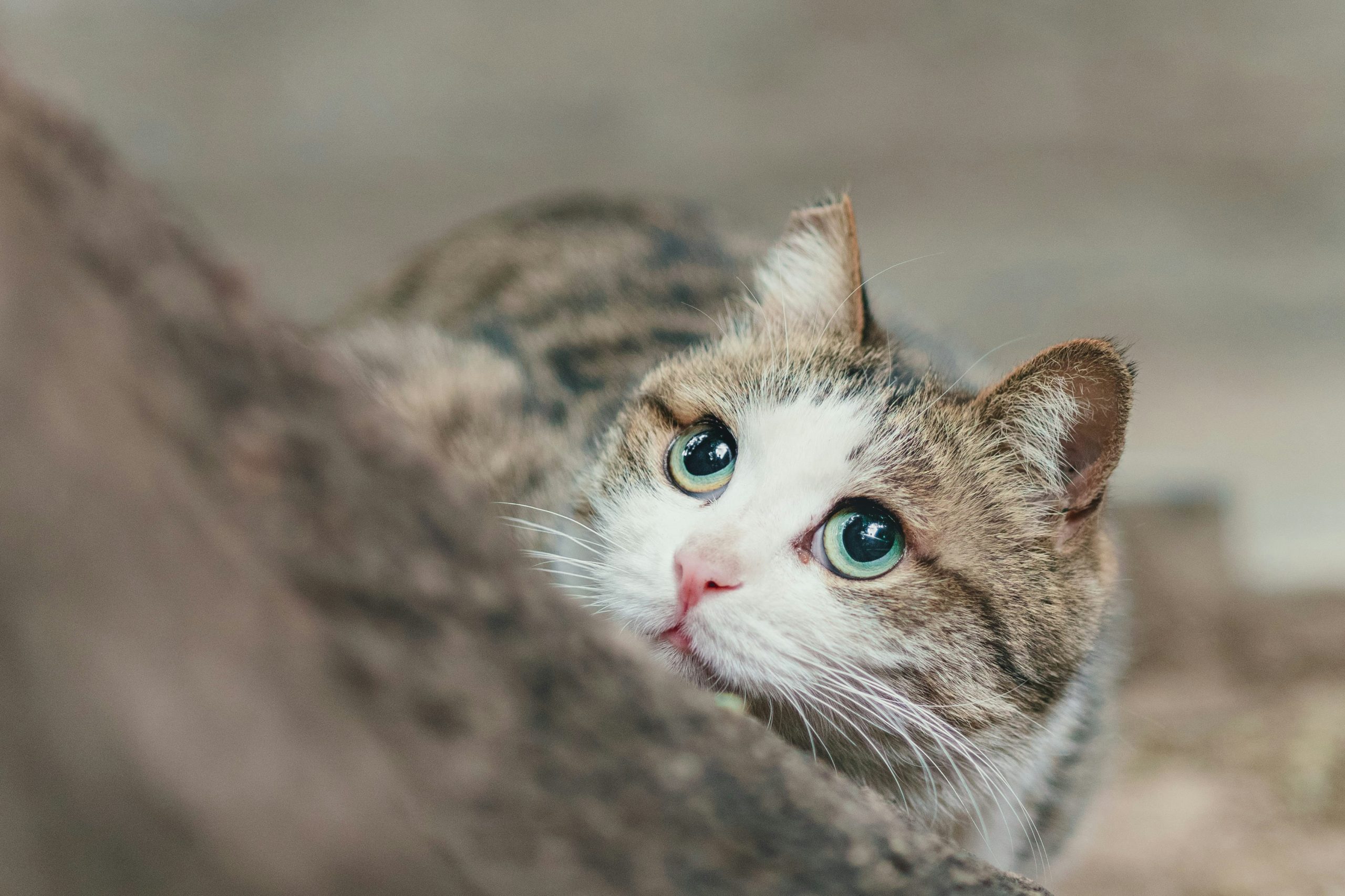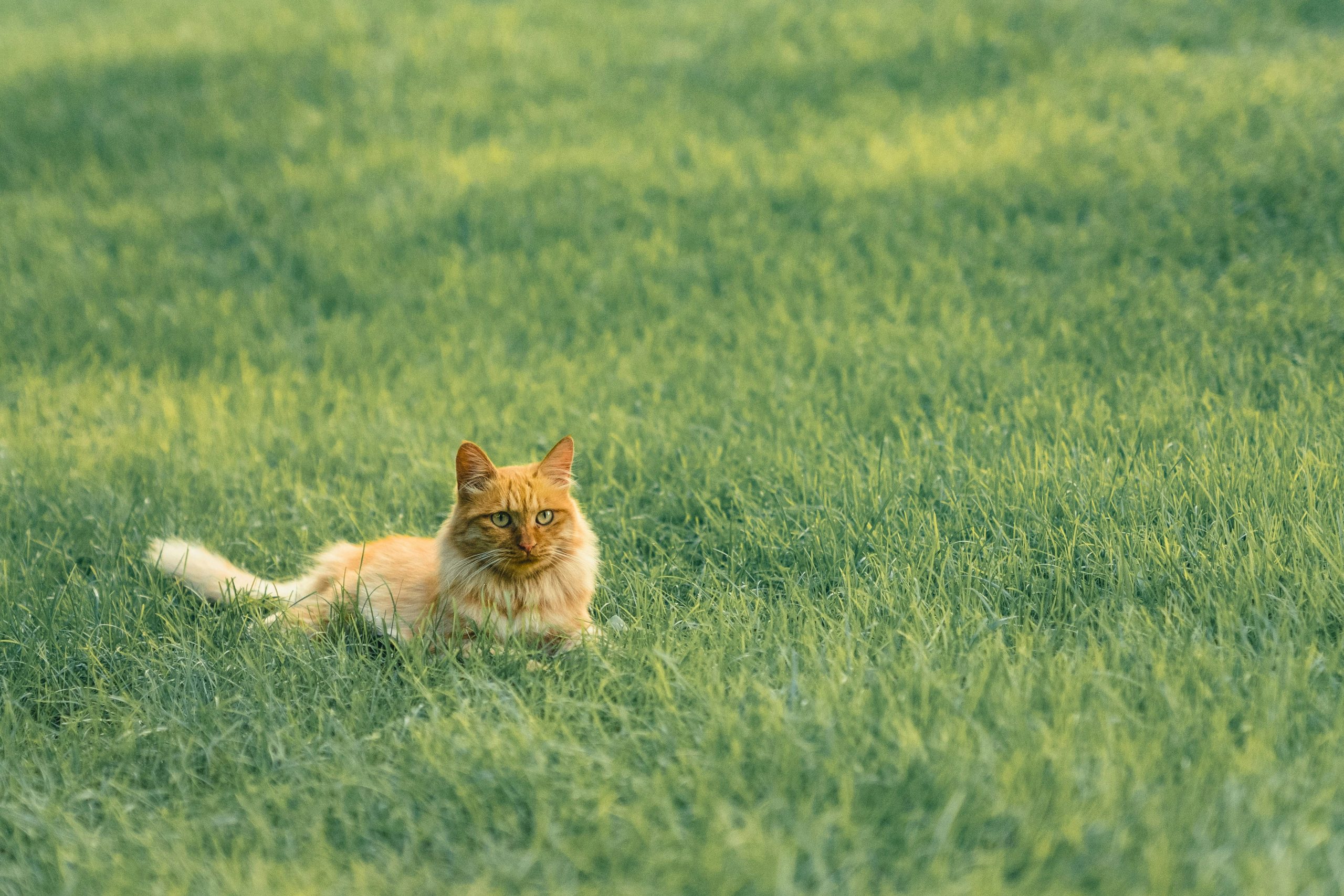In today’s fast-paced world, stress and anxiety have become common challenges. Many people turn to various relaxation techniques, but one of the most enjoyable and scientifically supported methods is interacting with pets—especially cats. The simple act of petting a cat can have profound effects on mental well-being. But why does stroking a furry feline help reduce stress? Let’s explore the science behind this calming phenomenon.
1. The Power of Touch: Oxytocin Release
Physical touch, especially gentle and rhythmic petting, triggers the release of oxytocin, often called the “love hormone” or “cuddle chemical.” This hormone promotes feelings of bonding, trust, and relaxation. Studies have shown that both humans and cats experience an increase in oxytocin levels during positive interactions, creating a mutual sense of comfort.
2. Lowering Cortisol Levels
Stress is closely linked to cortisol, the body’s primary stress hormone. Research indicates that interacting with pets, including stroking a cat, can reduce cortisol levels. The repetitive motion of petting has a meditative effect, slowing the heart rate and lowering blood pressure, similar to mindfulness practices.
3. The Soothing Effect of Purring
A cat’s purr is not just a sign of contentment—it may also have therapeutic benefits. The frequency of a cat’s purr (between 20-140 Hz) has been associated with pain relief, reduced inflammation, and even bone healing. The rhythmic sound can also act as a natural white noise, promoting relaxation and reducing anxiety.
4. Distraction and Mindfulness
Petting a cat requires focus on the present moment—feeling the soft fur, observing their behavior, and responding to their cues. This act naturally shifts attention away from stressors, functioning similarly to mindfulness exercises that encourage grounding in the “here and now.”
5. Companionship and Emotional Support
Loneliness and social isolation are significant contributors to poor mental health. Cats, even if independent, provide companionship and unconditional affection (on their own terms!). Their presence can alleviate feelings of loneliness, offering comfort without judgment.
Conclusion: A Furry Therapist at Home
While cats may not replace professional therapy, their ability to reduce stress is undeniable. From boosting oxytocin to lowering cortisol and providing soothing purrs, these small yet powerful creatures offer natural mental health benefits. So the next time you feel overwhelmed, take a moment to cuddle with your feline friend—it’s science-backed self-care!
This Article Was Generated By AI.




